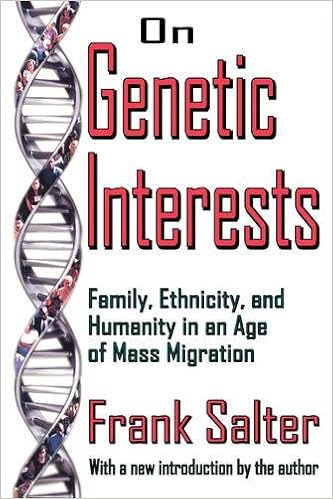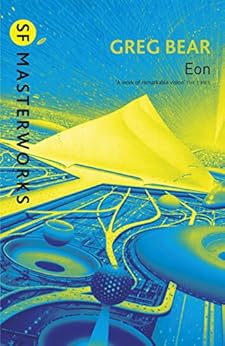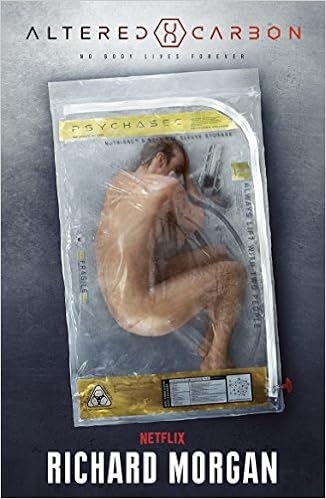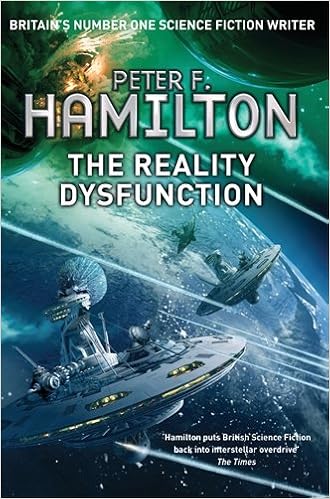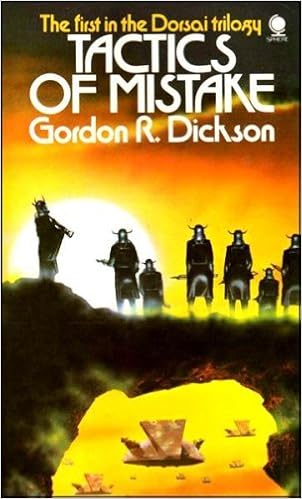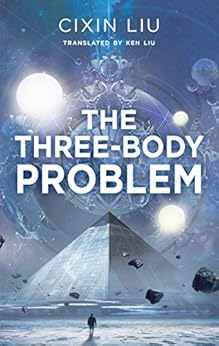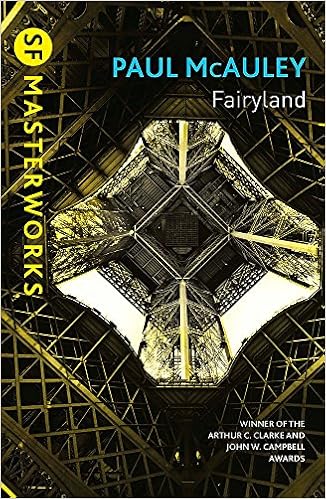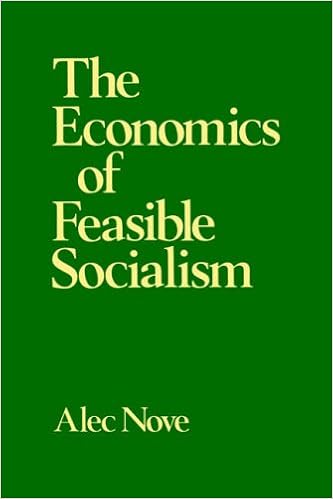 |
| Amazon link |
Some days (not often) I wake up and wonder if instead of being a Marxist, I should subscribe to Hegelianism. Trouble is, Hegel (1770-1831) is so hard to understand. Back in August of last year I ordered Frederick Beiser's book, Hegel, but I over-reached. I now appreciate that Peter Singer is the place to start for the Hegel neophyte.
After a biographical sketch (life and times) Singer starts the tour with the Philosophy of History. Here Hegel reviews world history from 'oriental despotism' through antiquity (Greece and Rome, not considered the same), continuing to Christianity and then to the modern post-enlightenment state. He sees history as marking a transition from initially complete unfreedom through to its final state as conscious, free and dutiful community. (Many people considered his ideal as not a million miles away from the Prussian state which sponsored him, although Singer makes a good stab at refuting this).
Underpinning Hegel's notion of the progressive nature of history is the evolution of consciousness. Singer now takes us through one of the more obscure but central of his works: The Phenomenology of Mind. Here Hegel's Idealism (vs Materialism) is foregrounded as he examines historical consciousness developing towards completely self-awareness and the absolute. Hegel's treatment here is notoriously opaque and tortuous, brushing with ideas of psychology and religion. Singer does his best to extract a coherent line of argument.
The progress of history, expressive of the growth of mind/spirit, is a dialectical one, a transformatory logic which Hegel documented in the Science of Logic. Singer gives this work a more summary, concise treatment, drawing the links with Marx's dialectics.
The book ends with the aftermath. Hegel's more youthful works were highly dialectical and abstract; his later thinking arguably more concrete (though remember, this is Hegel) and more engaged with celebrating the Prussian state. After Hegel's death in 1831 his followers split into two camps. The Right Hegelians followed his mature thinking and vanished into obscurity; the Left Hegelians attempted to 'rescue' Hegel' from inadequate radicalism: this movement gave birth to Marxism.
Peter Singer's book is excellent, almost the perfect scene-setter for further exploration. I now understand better Marx's notes about turning Hegel on his head and removing the mysticism in his development of historical materialism.
Singer successfully conveys Hegel's overarching scheme .. but how convincing is it? Hegel's preoccupation with consciousness, freedom and duty as the true foundations of a dynamic reality could only seem plausible in a culture steeped in religion and the immanent presence of the supernatural. When Marx reconceptualised history as the dialectical process of men making history, but not under conditions of their own choosing, Hegel's ungrounded abstractions lost their force. So I've ceased to feel any of Hegel's gravitational pull on my thinking.













